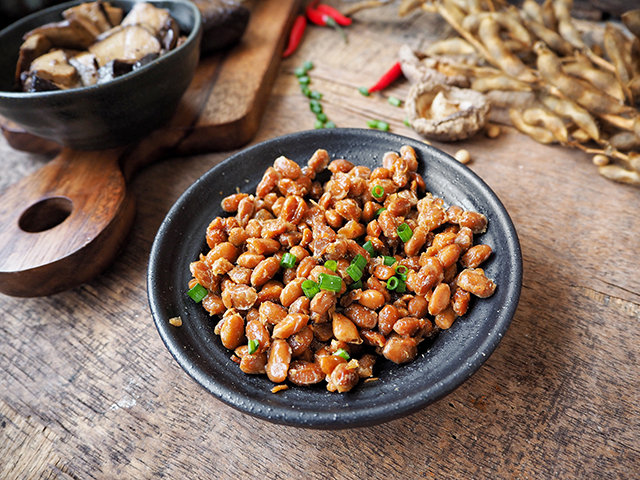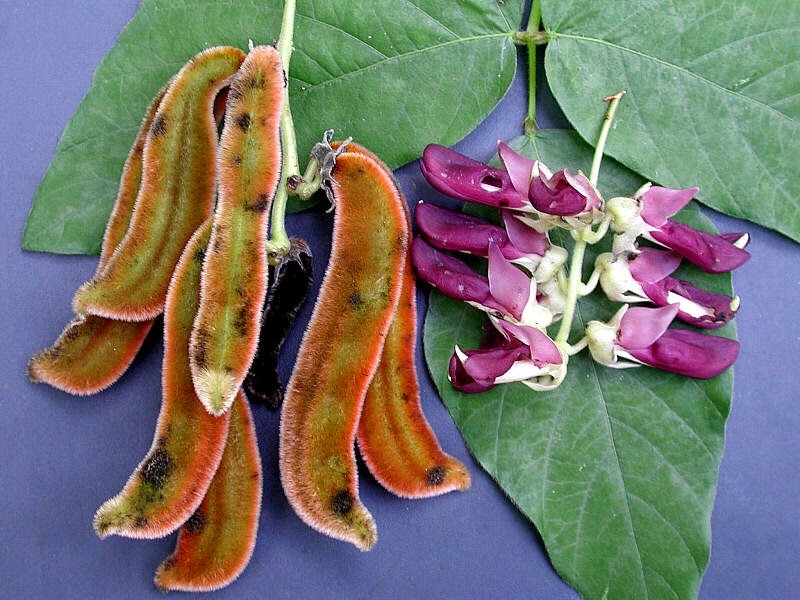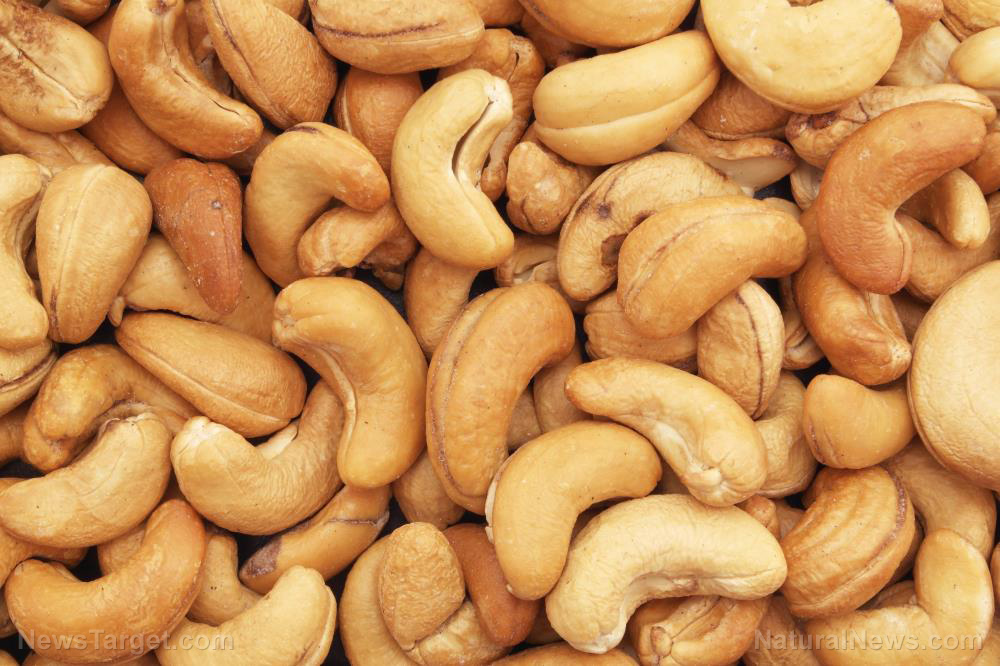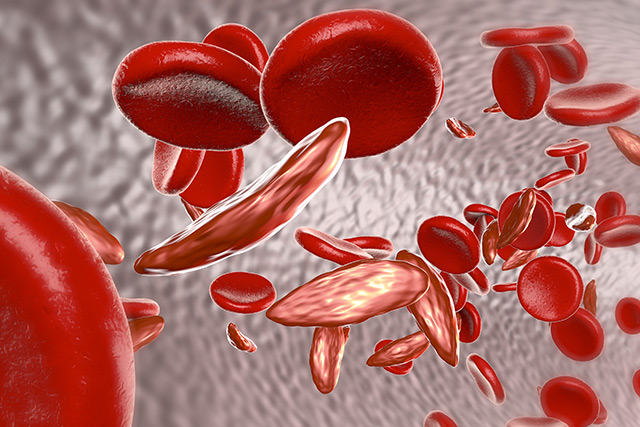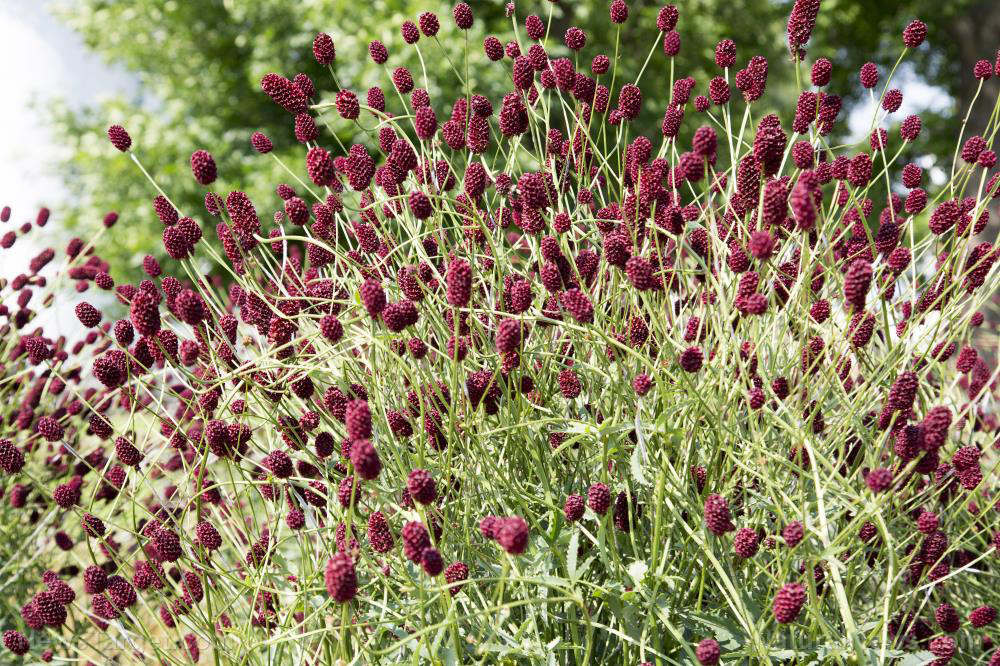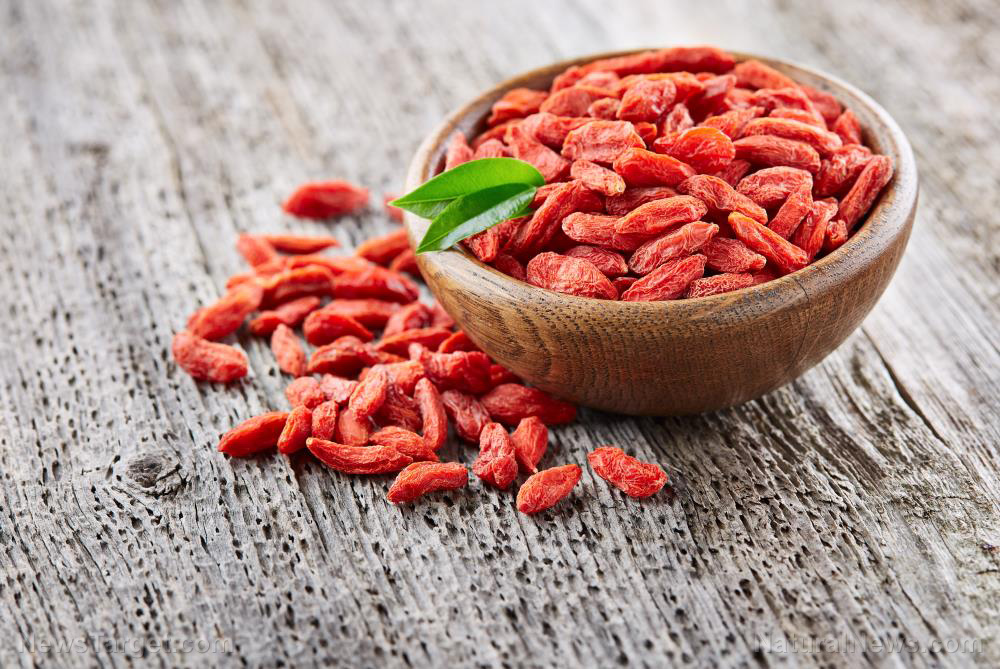A traditional Chinese herbal complex hastens the recovery of bladder function in people with urinary tract symptoms
09/12/2018 / By Michelle Simmons
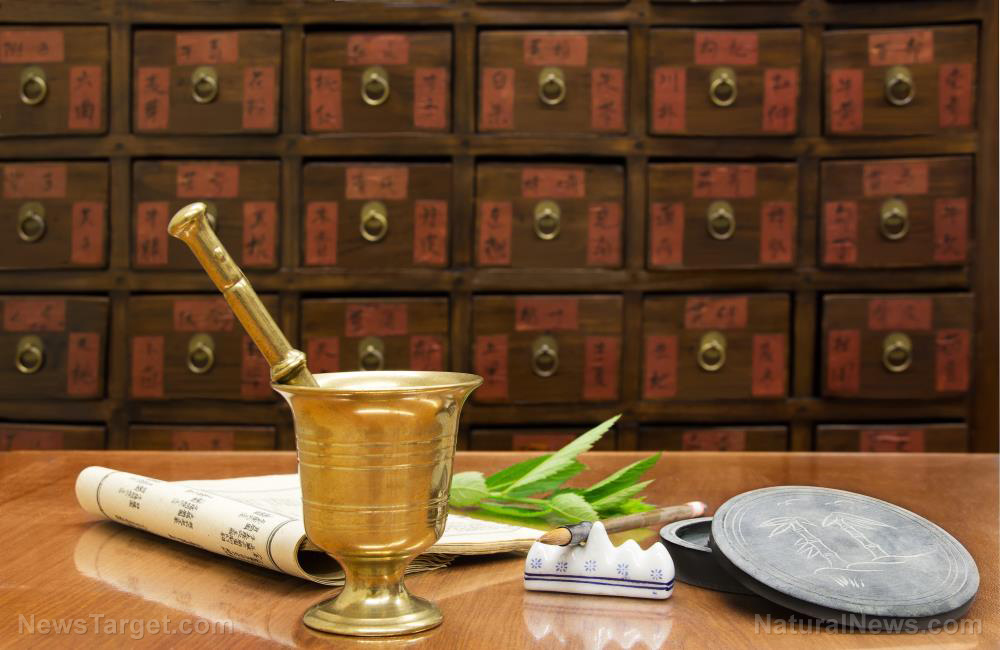
Suo Quan Wan, a traditional Chinese medicine, has been used for the treatment of lower urinary tract symptoms. It also has been confirmed to modulate the expression of transient receptor potential vanilloid 1 (TRPV1) according to bladder function recovery of overactive bladder. In a study published in the journal BMC Complementary and Alternative Medicine, researchers further looked at how Suo Quan Wan modulated TRPV1 signaling and bladder function using TRPV1 knockout (KO) mice.
The research team, who were from Guangzhou University of Chinese Medicine and the University of Macau in China, treated the TRPV1 KO mice with Suo Quan Wan. Suo Quan Wan is composed of Alpinia oxyphylla Miq, Dioscorea rhizome Thunb., and Aconitii tuber. TRPV1 mediates stretch detection and regulates sensory function in the bladder. Research has also proven that modulating TRPV1 signaling function is related to treating various lower urinary tract symptoms.
Then, the team assessed the urinary bladder function of TRPV1 KO mice and bladder distension response to various compounds.
Based on the results, the adenosine 5′-triphosphate (ATP) released by the TRPV1 mice from strips of bladder smooth muscles was substantially reduced. Reductions of ATP released from the bladder and P2X3 secreted from nerves of mice without TRPV1 may lead to reductions in bladder pressure and voiding reflex delay result in micturition interval extension.
Moreover, Suo Quan Wan could also improve the bladder function to a certain degree. However, the team discovered that Suo Quan Wan will not be effective on bladder function without TRPV1. Thus, the researchers suggested that the effect of Suo Quan Wan on bladder function is associated with the regulated TRPV1 signaling, which took over the afferent nerve conduction and the relevant neurotransmitter secretion.
100% organic essential oil sets now available for your home and personal care, including Rosemary, Oregano, Eucalyptus, Tea Tree, Clary Sage and more, all 100% organic and laboratory tested for safety. A multitude of uses, from stress reduction to topical first aid. See the complete listing here, and help support this news site.
Therefore, the research team concluded that TRPV1 plays a key role in urinary bladder mechanosensitivity, and Suo Quan Wan is not as beneficial for bladder function without TRPV1.
More on lower urinary tract symptoms
Lower urinary tract symptoms (LUTS) are symptoms related to problems of the lower urinary tract: bladder, prostate, and urethra. LUTS are more common in men than women, and become more common as they get older. LUTS are categorized into two groups, according to their symptoms: voiding, or obstructive, symptoms and storage, or irritative, symptoms. A person may have mainly voiding symptoms, mainly storage symptoms, or a combination of these two.
Voiding or obstructive symptoms include:
- A longer than usual wait for the stream of urine to start
- A stop/start stream
- Dribbling after urination has finished or an irregular stream
- Straining to urinate
- Weak stream
Storage or irritative symptoms include:
- A sudden, intense urge to urinate followed by an uncontrolled loss of urine
- Feeling an urgent need to urinate
- Needing to urinate frequently
- Waking up from sleep to urinate two or more times during the night
There are different factors that cause LUTS. LUTS may be due to an acute problem like a urinary tract infection, or infection and inflammation of the prostate gland, especially if it is painful to urinate. Voiding symptoms are typically caused by a blockage at the outlet of the base of the bladder, which make it harder to pass urine. The blockage may be a result of an enlarged prostate gland or scarring of the urethra. On the other hand, storage symptoms may be caused by an overactive bladder. Storage symptoms be a sign of an underlying chronic health condition. Other causes of LUTS include medications and neurological diseases like stroke and Parkinson’s disease. (Related: Sitting down for too long can cause lower urinary tract symptoms.)
Read more news stories and studies on traditional Chinese medicine by going to ChineseMedicine.news.
Sources include:
Tagged Under: alternative medicine, bladder function, bladder problems, herbal medicine, Herbs, lower urinary tract symptoms, LUTS, natural cures, natural healing, natural medicine, natural remedies, Suo Quan Wan, traditional Chinese medicine, urinary tract symptoms



